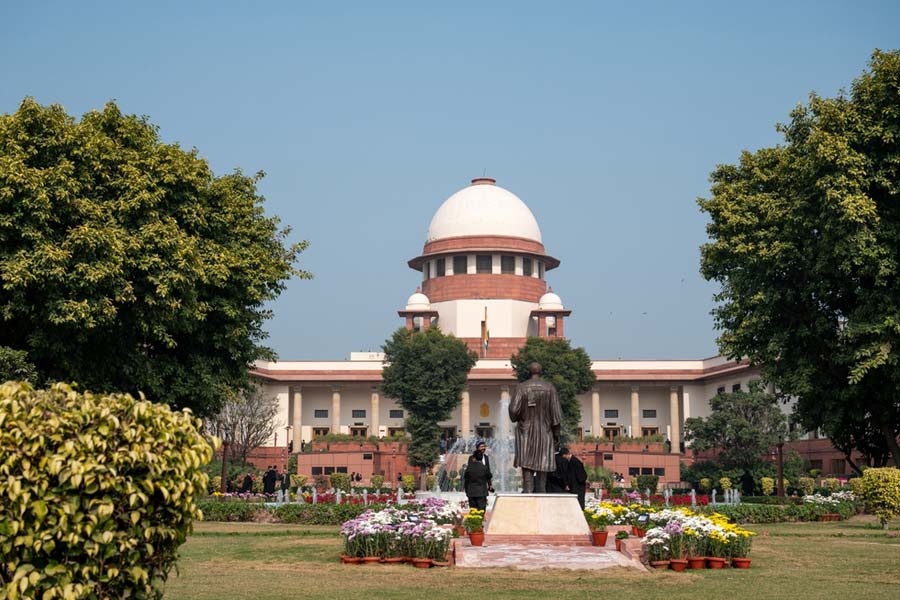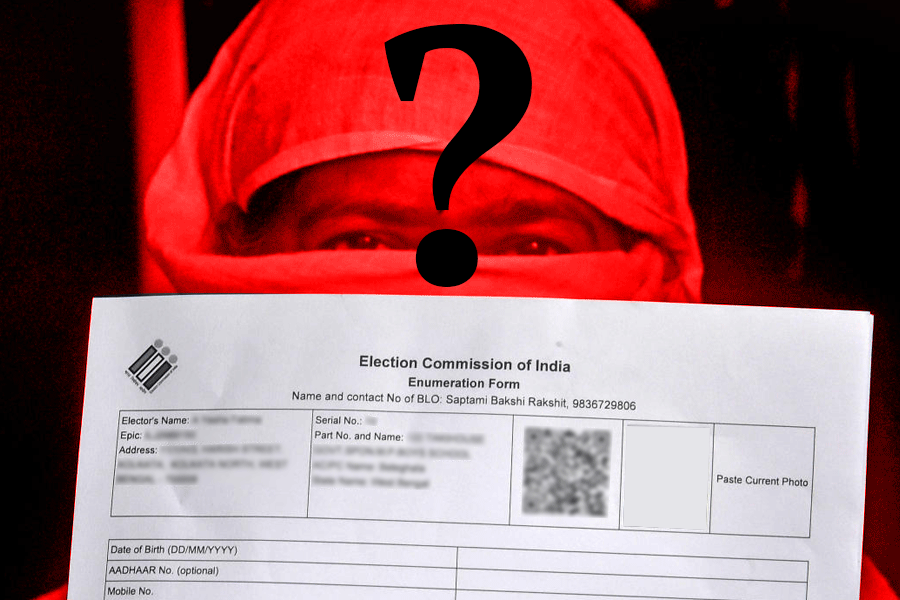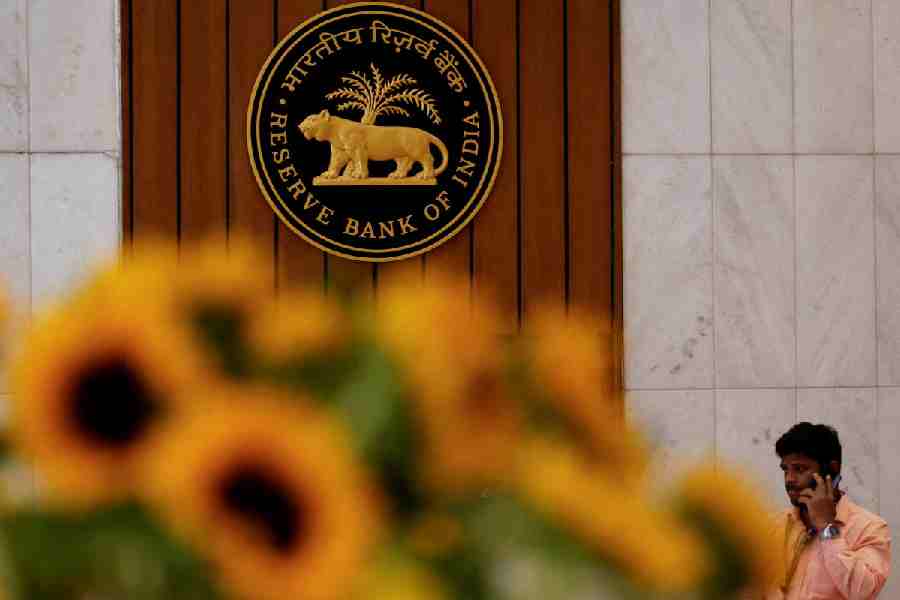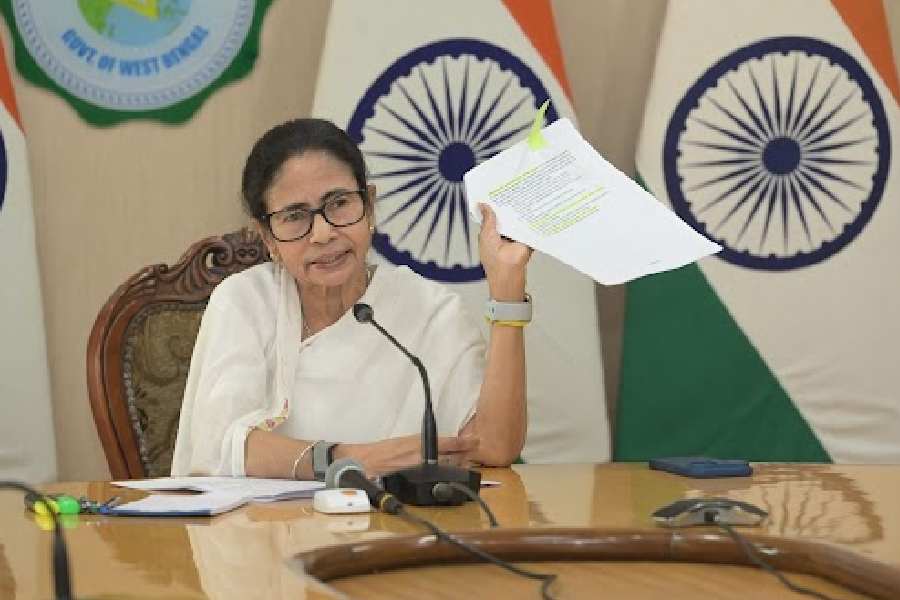Election candidates have a statutory right to seek a recount if the voting figures provided officially to them do not match the final tally declared by the election officer, the Supreme Court has ruled.
This holds even if the size of the mismatch is smaller than the victory margin, suggesting a recount would not change the outcome, the bench of Justice Sanjay Karol and Justice N.K. Singh said.
“Each vote has its own value irrespective of its effect (on) the final outcome of the election. Its sanctity has to be protected,” the judgment, authored by Justice Karol, said.
“…This court’s concern lies away from who is in power, and instead is in how one got
to power. This process has to be in accordance with constitutional principles and established norms — if not, then such a person has to be deprived of the power, and the decision-making by the people must begin once more.”
The bench set aside an Allahabad High Court judgment and directed a recount of the votes cast at three particular booths during the election of a gram pradhan for Chaka village in Prayagraj district, Uttar Pradesh.
According to aggrieved candidate Vijay Bahadur, the presiding officer’s statement to him said a combined 1,194 valid votes had been cast in polling booths 43, 44 and 45. However, the final tally on Form 46 showed that 1,213 votes had been cast in these three booths.
Bahadur said that on an enquiry from him, the assistant election officer had in an order dated August 11, 2022, refused to furnish any further details on the ground that the relevant documents could not be found.
On a petition from Bahadur, the sub-divisional magistrate, on October 31, 2022, directed a recount of the votes cast in the three booths. But the high court set this order aside on an appeal from the victorious candidate, Sunil Kumar, prompting Bahadur to approach the apex court.
Allowing the appeal, the apex court noted that the gap between the two figures was that of 19 votes, whereas Kumar’s victory margin was 37 votes, and therefore a recount was unlikely to change the outcome.
However, the bench noted, three of the four candidates had stated in affidavits that they had doubts about the propriety of the election and would support a recount of votes — and yet their pleas were ignored.
“The diary of the presiding officer… which is an essential document recording the casting of votes, could not be found despite a concerted effort,” the judgment underlined.
“The candidates… wanting to keep an eye on voting during the day and inspect records of the same is something which cannot be denied to them. If the presiding officers’ records are missing and cannot be verified, it can be found that the final conclusion is within the realm of questionability,” it said.
“Each and every document pertaining to an election is important and all efforts should be made to preserve the same.”










